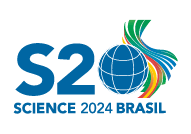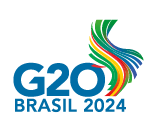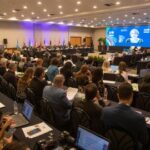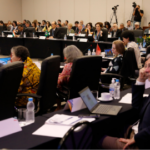“Political action is needed to overcome technological delay,” says Brazilian minister of S, T&I
March 11 | O Globo
Minister of Science, Technology, and Innovation, Luciana Santos, advocated for combating techno-scientific inequality at the opening of the Science20 (S20), a parallel event to the Group of 20 (G20) that brings together representatives from the international scientific community this Monday in Rio de Janeiro. In an interview during the event, Santos stated that “political action is needed” to address such asymmetries, especially in issues that encounter conflicting economic interests, such as artificial intelligence and energy transition.

Minister of Science, Technology, and Innovation Luciana Santos speaking at the opening of S20 Brazil
“These interests need to be nuanced based on political will, whether from countries that have a condition in certain areas of knowledge with greater accumulation, or from countries that seek to have common challenges to address this inequality. Political action is needed, without a doubt,” stated the minister. “The academic and scientific community will do its part. We will need, at the governmental and political level, to demonstrate and enforce agreements of interest that transcend the overcoming of technological delay.”
The minister, who has been present on six of the last 11 international trips of President Luiz Inácio Lula da Silva, stated during her speech at the opening of S20 that combating inequality in access to science is at the center of Brazil’s presidency of the forum, which brings together the 19 largest economies in the world, the European Union (EU), and, since this year, the African Union. According to her, one of the strategies to achieve consensus in the midst of a polarized global environment is cooperation, especially among countries in the Southern Hemisphere, whose agendas and realities are often common.
“Brazil proposes to place at the center of its presidency the issues related to global asymmetries in access to the development and production of science, technology, and innovation,” said Santos. “The United Nations Innovation Report points out that countries in Latin America, the Caribbean, and Sub-Saharan Africa are the least prepared to adopt cutting-edge technology.”
In the case of Brazil, the minister highlights a challenging “paradox”:
“We have this paradox: we are the 13th scientific production in the world, however, we are 49th in innovation. That is, our intelligence and our production do not translate into products and services.”
Cooperation strategies
The minister supported the proposal of the Minister of Economy, Fernando Haddad, to tax the super-rich, and also the EU-Mercosur agreement as strategies to obtain funds to combat technological inequality and for the innovations being developed by her ministry, such as digital economy, bioeconomy, and artificial intelligence.
“I fully agree with a macroeconomic debate [since, without it], it is not possible for us to advance in large investments in science and technology, which are increasingly necessary due to the challenges of technological revolution, climate change, and inequality,” said Santos. “We are determined to make the EU-Mercosur agreement, which has been on hold for decades. We had a good conversation with the Prime Minister of Spain [Pedro Sánchez], who was here last week. We believe that, safeguarding the interests of public procurement, technology transfer, and local content, it is possible to make these agreements of interest to Europe and the Mercosur countries.”
Organized by the Brazilian Academy of Sciences (ABC), the S20 will focus on five main themes: bioeconomy, health challenges, artificial intelligence, social justice, and the energy transition process. In addition to representatives from the scientific community of Brazil, Monday’s event includes participation from members of academies from countries such as Argentina, Australia, Canada, China, South Africa, as well as the World Academy of Sciences and other international organizations.
A novelty of Brazil’s rotating
presidency in the Group of 20 (G20), the S20 is one of the engagement groups of the G20 Social, formed by civil society entities that will send recommendations to the forum on different aspects within the themes outlined as priorities by the Brazilian government: combating hunger, poverty, and inequality, sustainable development, and global governance reform. For the first time, the groups will send their final statements in July, so that the Member States can analyze the content in time for the Leaders’ Summit in November, in Rio de Janeiro. The G20 Social will also have a separate summit in the three days preceding the main event of the forum.
